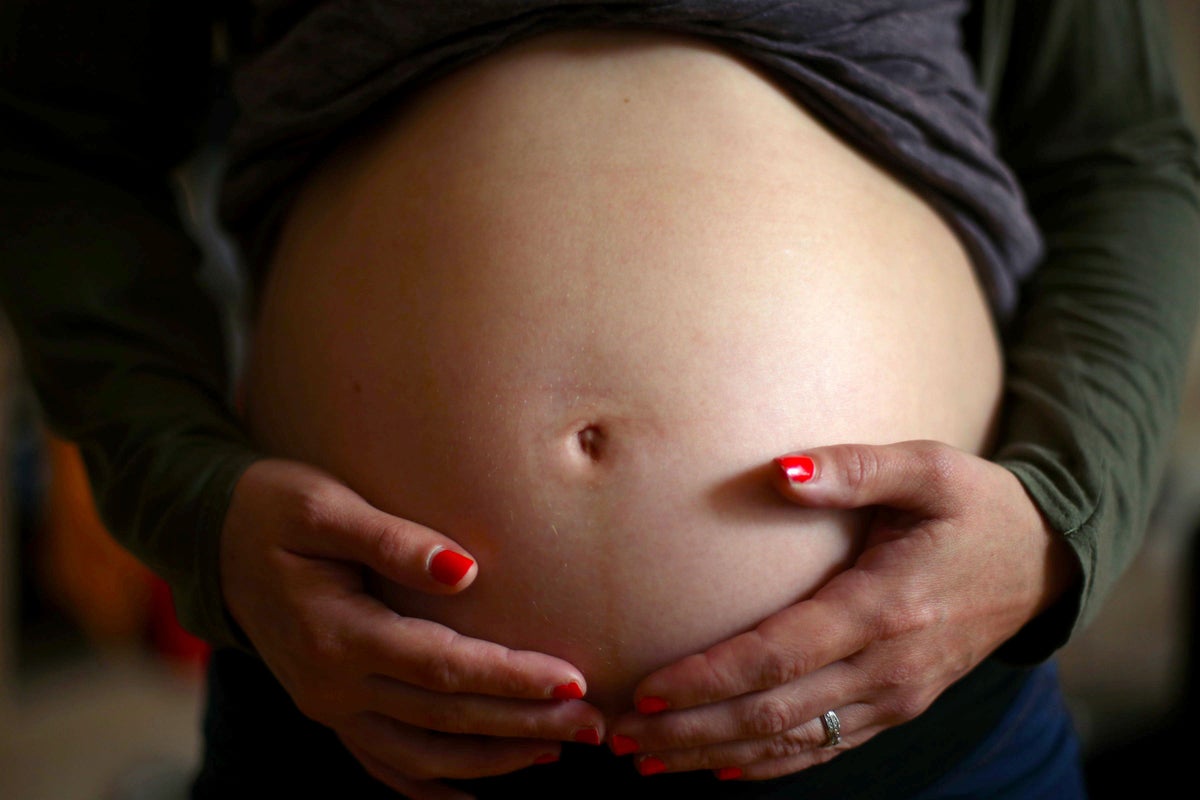
The number of premature births around the world dropped by around 3-4% in the first four months of Covid-19 lockdowns, new research shows.
An estimated 50,000 fewer premature babies – those born before 37 weeks – were born than expected after the initial Covid-19 lockdowns, according to research by the University of Edinburgh.
Findings are based on data comparing 56 million births from 26 countries between January 2015 and July 2020.
Experts believe the drop could be linked to pregnant women being exposed to fewer infections and better air quality due to reduced traffic during lockdown.
We were able to show decreases in preterm births in the first few months of the Covid-19 lockdowns across many countries, providing a strong indication that lockdown played a role in these reductions— Dr Clara Calvert, research author
On average there are around 14.8 million preterm births worldwide each year.
Complications from being born prematurely account for 35% of newborn deaths, making it the leading cause of infant mortality globally.
Researchers also looked at whether declining numbers of preterm births could potentially lead to higher numbers of stillbirth.
Some babies are delivered intentionally early to save their lives and any reduction in this intervention could result in a rise in stillbirths.
The team found that high income countries experienced no change in stillbirth rates but data from Brazil showed an increase in stillbirth rates during the second, third and fourth months of their lockdown.
Experts say this could be because of delayed or reduced access to quality healthcare during the early stages of the pandemic or other factors related to Covid-19 lockdowns.
The research was part of a global study investigating the impact of pandemic lockdowns on pre-term births and stillbirths worldwide.
Findings are highly skewed towards high-income countries due to the lack of data available from low and middle-income countries.
Leading the research was Dr Clara Calvert, first author and Chancellor’s Fellow at University of Edinburgh’s Usher Institute.
She said: “This study represents a huge global collaborative effort and we were able to show decreases in preterm births in the first few months of the Covid-19 lockdowns across many countries, providing a strong indication that lockdown played a role in these reductions.”
Professor Sarah Stock, senior author, consultant obstetrician and Professor in maternal and fetal health at University of Edinburgh’s Usher Institute, said: “Now the challenge is to understand why preterm births fell.
“Infections are a cause of preterm births, and we know that non-Covid-19 infection rates dropped during periods of lockdown. However, changes in other factors that are linked to preterm birth, such as air pollution and maternal workload, may also have contributed.”







